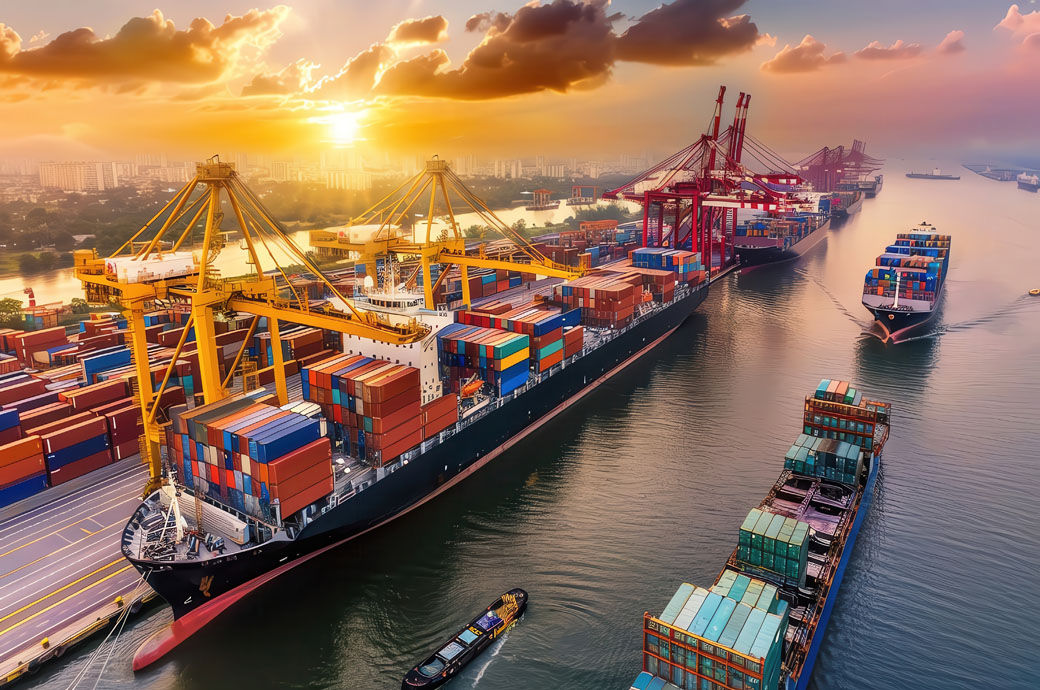
After the serial system—which had reduced transportation costs for imported goods by at least a fifth across 34 waterways—was abolished last year, a new policy implemented on October 15 this year may reverse these advantages, according to domestic media reports.
Freight rates were earlier determined through negotiations between importers and vessel owners. But the new the Bangladesh Water Transport Coordination Cell (BWTCC) has done away with that, resulting in rising transportation costs and, subsequently, higher prices for goods.
As per the new policy, owners of lighter vessels will now operate under BWTCC, which will be coordinated by three associations of lighter vessel owners.
BWTCC will act as a coordinator with all stakeholders involved, including lighter vessel owners, importers, product agents and local agents, to allocate lighter vessels.
A 10-member supervisory committee has been formed to monitor the activities of the cell.
Goods are unloaded at the outer anchorage of Chattogram port onto lighter vessels, which transport these goods using nearly 2,500 lighter vessels on 34 domestic waterways.
Businessmen say the BWTCC was supposed to coordinate goods transportation from the port's outer anchorage, but ended up controlling the entire operation. It charged Tk20 per tonne and allocated vessels at its discretion, imposing double charges for delays, which doubled transportation costs.
They call for keeping the goods transportation sector free from cell or syndicate control.
Fibre2Fashion News Desk (DS)